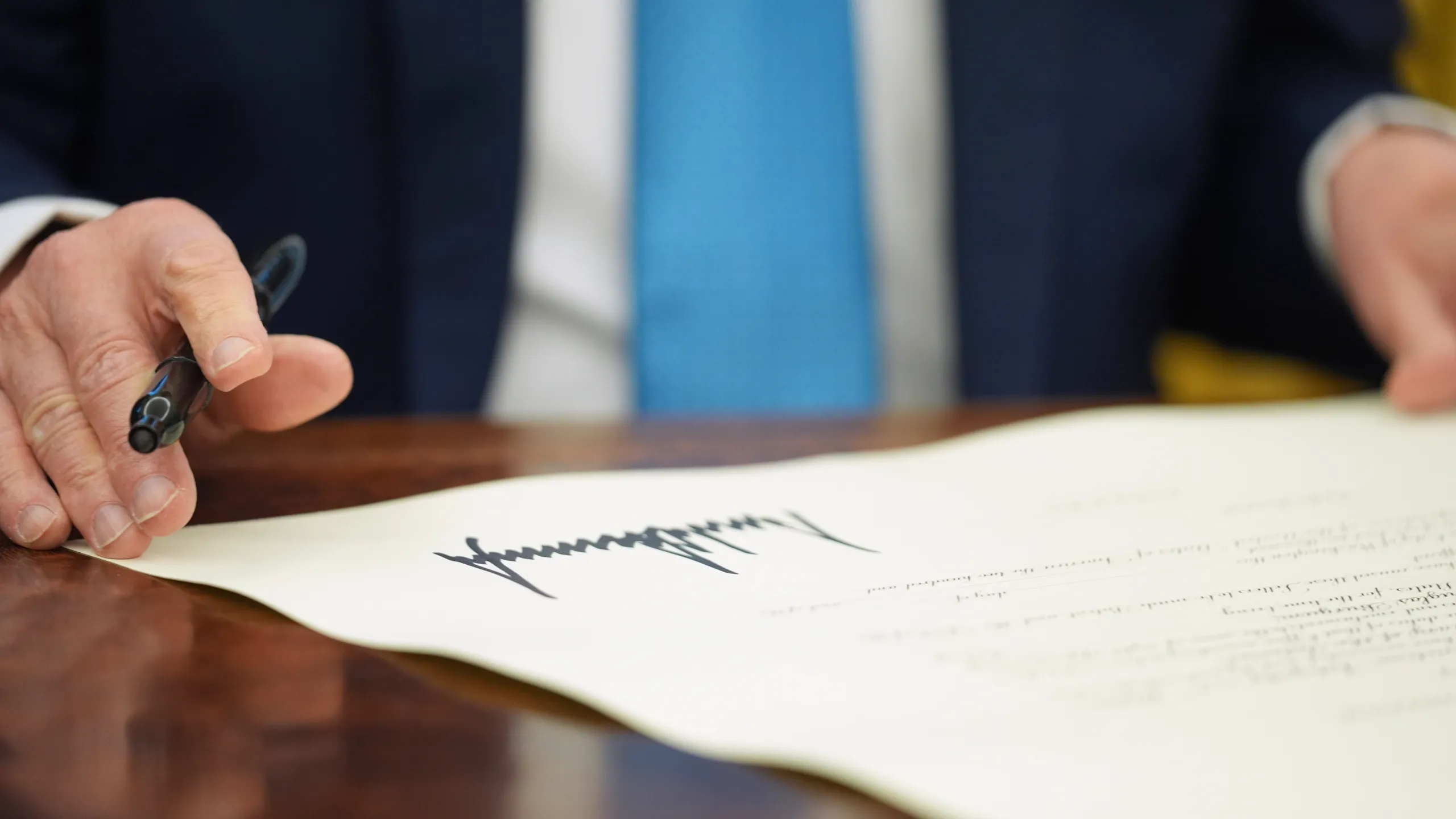EEOC’s refusal to protect transgender employees after the executive order
The Equal Employment Opportunity Commission (EEOC) has dismissed six lawsuits alleging workplace discrimination against transgender and non-binary employees. This decision follows an executive order issued by the previous administration that requires federal agencies to define gender as a fixed binary division between men and women, while prohibiting policies that recognize gender identity as a protected characteristic.
Details of the case and changes in position
Six lawsuits spanning several states alleged that employers violated Title VII of the Civil Rights Act of 1964 by discriminating on the basis of gender identity. One case in Alabama involved a property management company that allegedly fired a non-binary employee for not conforming to male gender stereotypes.
In its motions to dismiss the case, the EEOC cited an executive order that characterizes gender identity policies as “extremism” and argues that a binary definition of gender protects women’s rights. This marks a sharp departure from the EEOC’s previous position under the previous administration, which was consistent with the 2020 Supreme Court decision extending Title VII protections to sexual orientation and gender identity.
Policy reversals and agency focus

Under the previous administration, the EEOC actively pursued gender identity discrimination cases, even considering actions such as refusing to use preferred pronouns and denying access to appropriate restrooms to be workplace harassment. However, this executive order reversed these protections by ordering agencies to eliminate policies that recognize gender identity outside the male-female binary. Trump-appointed EEOC Commissioner Andrea Lucas said the agency is now focused on “protecting women from sex discrimination” and undoing what she called the “gender identity agenda.”
Criticism and concerns
The EEOC’s decision drew significant criticism from civil rights advocates and former officials. Former EEOC General Counsel David Lopez called it a “complete abdication of responsibility,” accusing the agency of failing to protect marginalized groups. Former EEOC Commissioner Jocelyn Samuel expressed concern that these actions are part of a broader strategy to “erase the existence of trans people.” Critics argue that the dismissal of these six cases undermines the 2020 Supreme Court decision and sets a dangerous precedent, potentially encouraging discriminatory employers.
Wider implications and future uncertainty

This executive order is part of a larger effort to reshape federal gender and diversity policy, affecting not only the EEOC but also other agencies and their DEI programs. This has sparked a broader debate about the role of government in protecting marginalized communities and the balance between individual rights and federal policy. As the EEOC implements this new mandate, the future of protections for transgender and non-binary workers in the workplace remains uncertain, and advocates are calling for new challenges to these policies.









